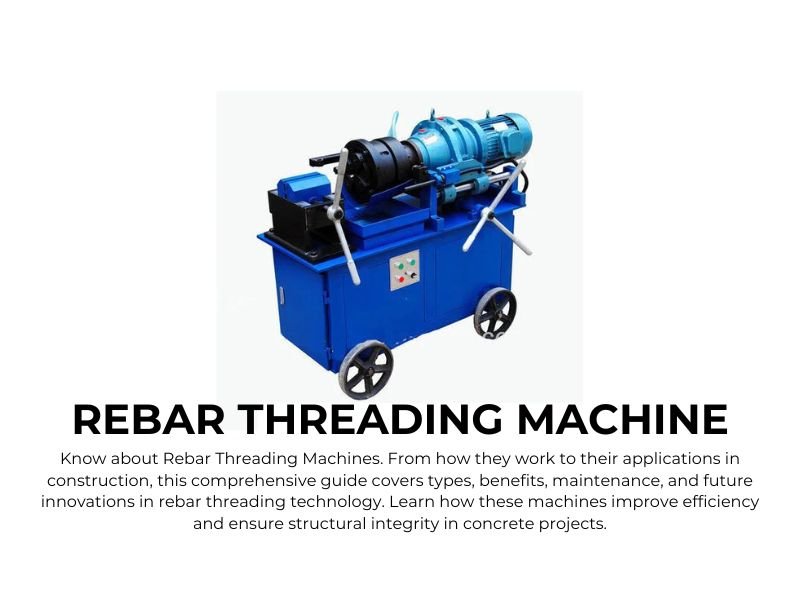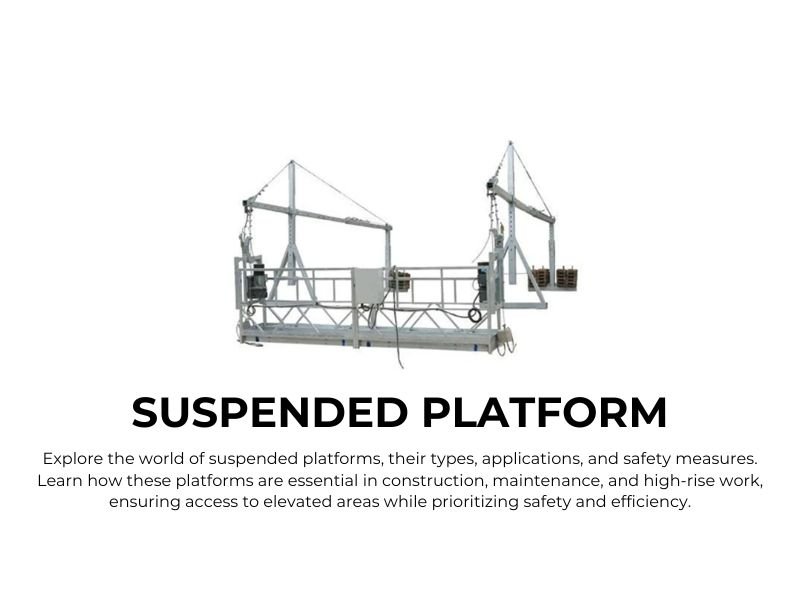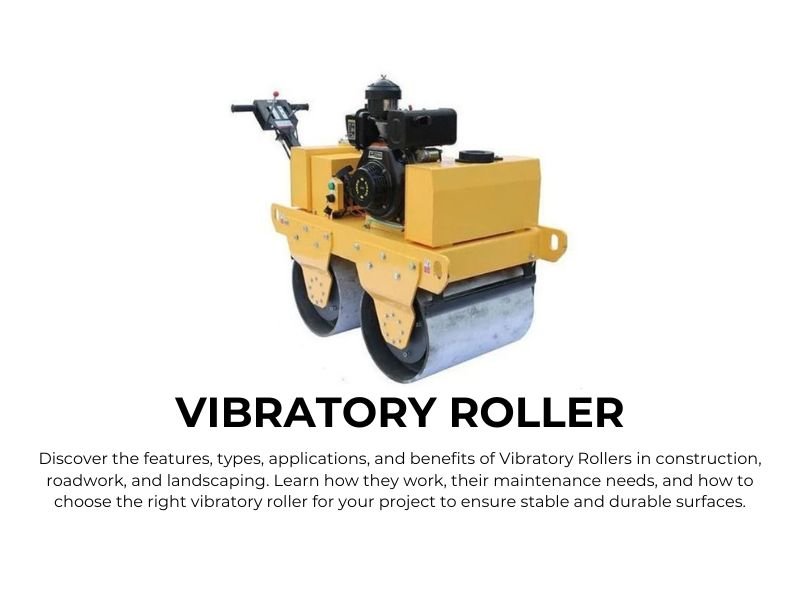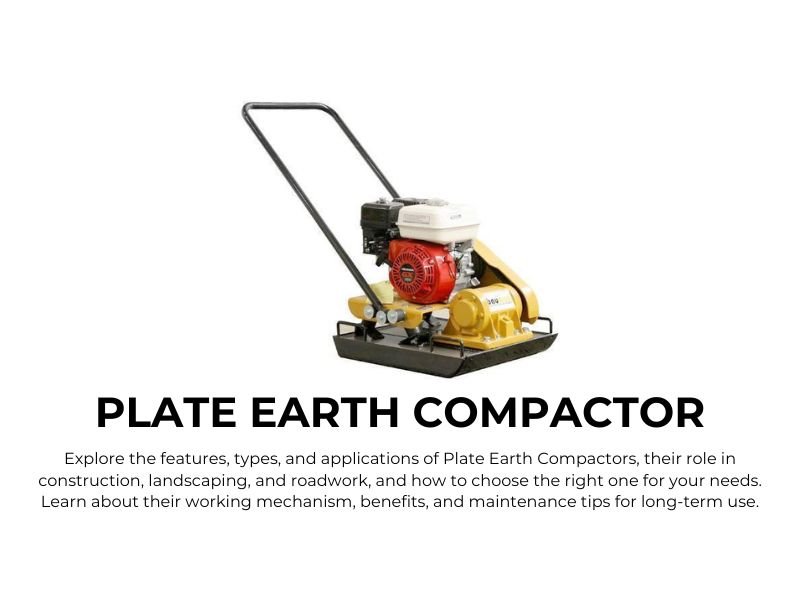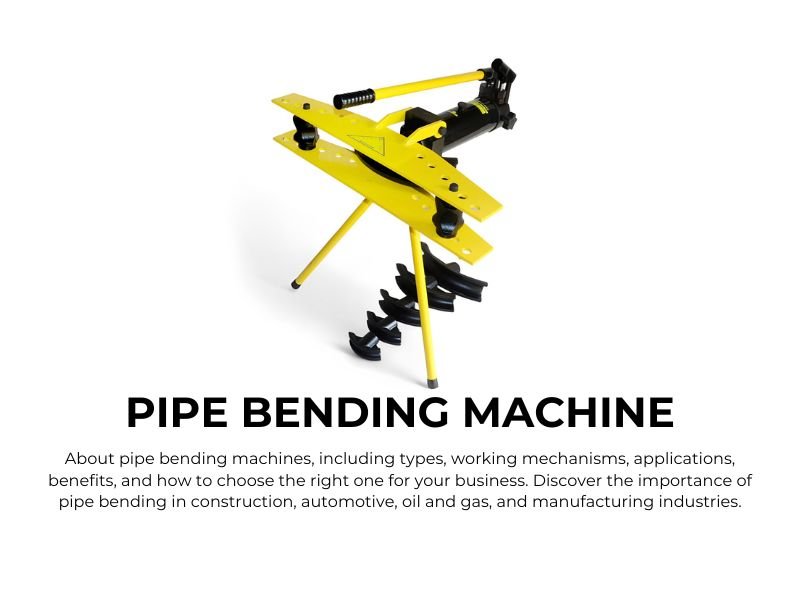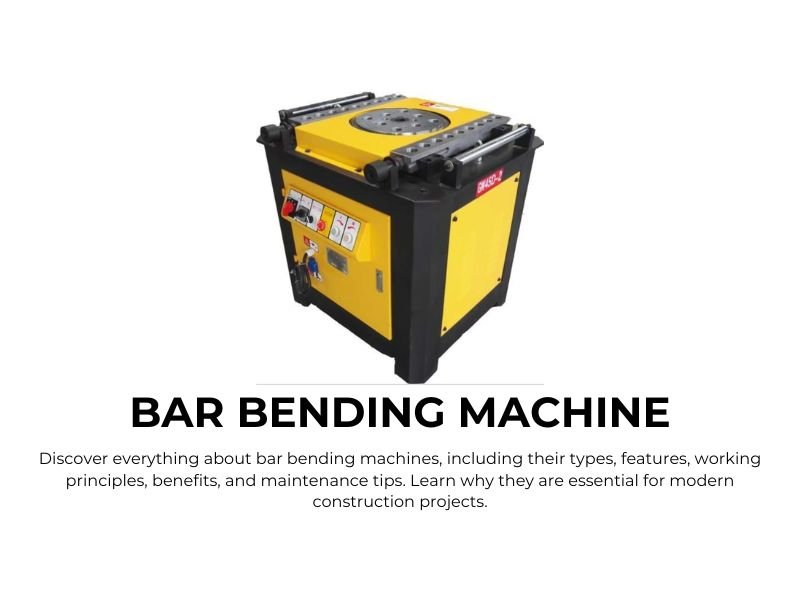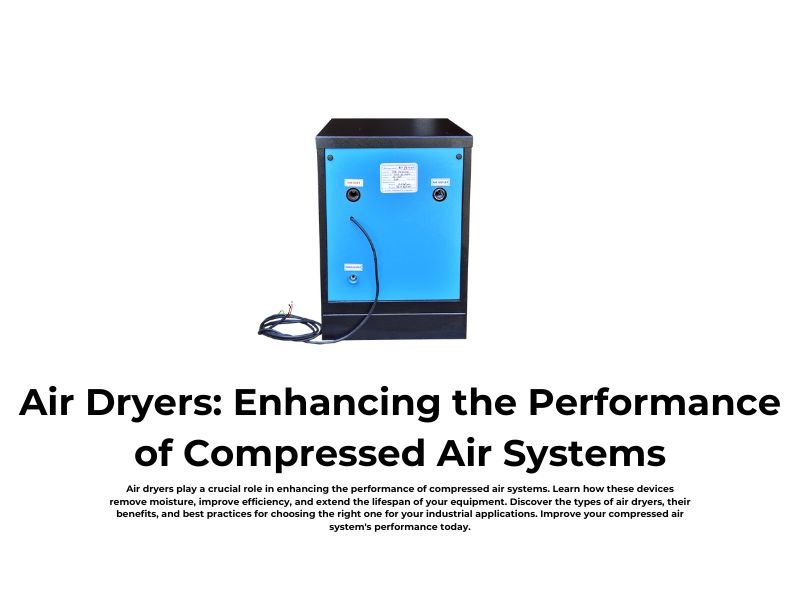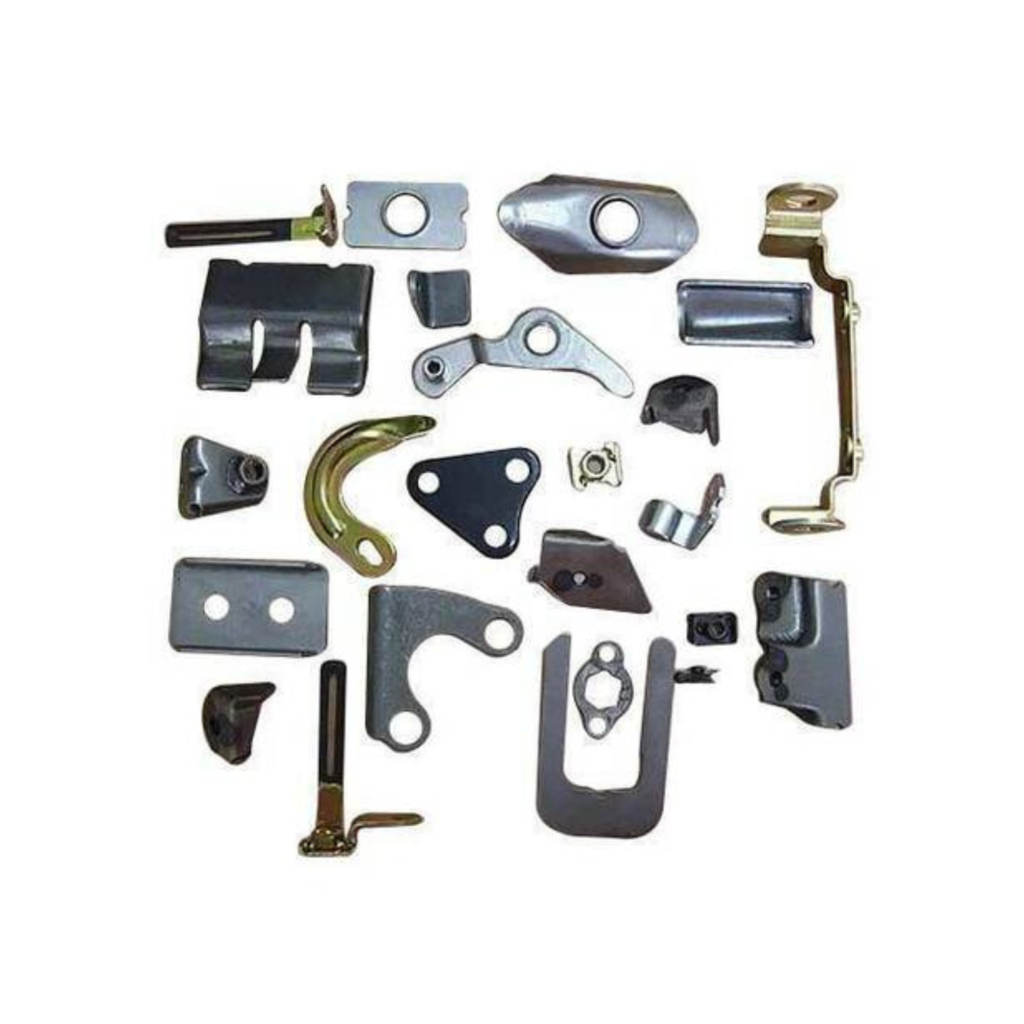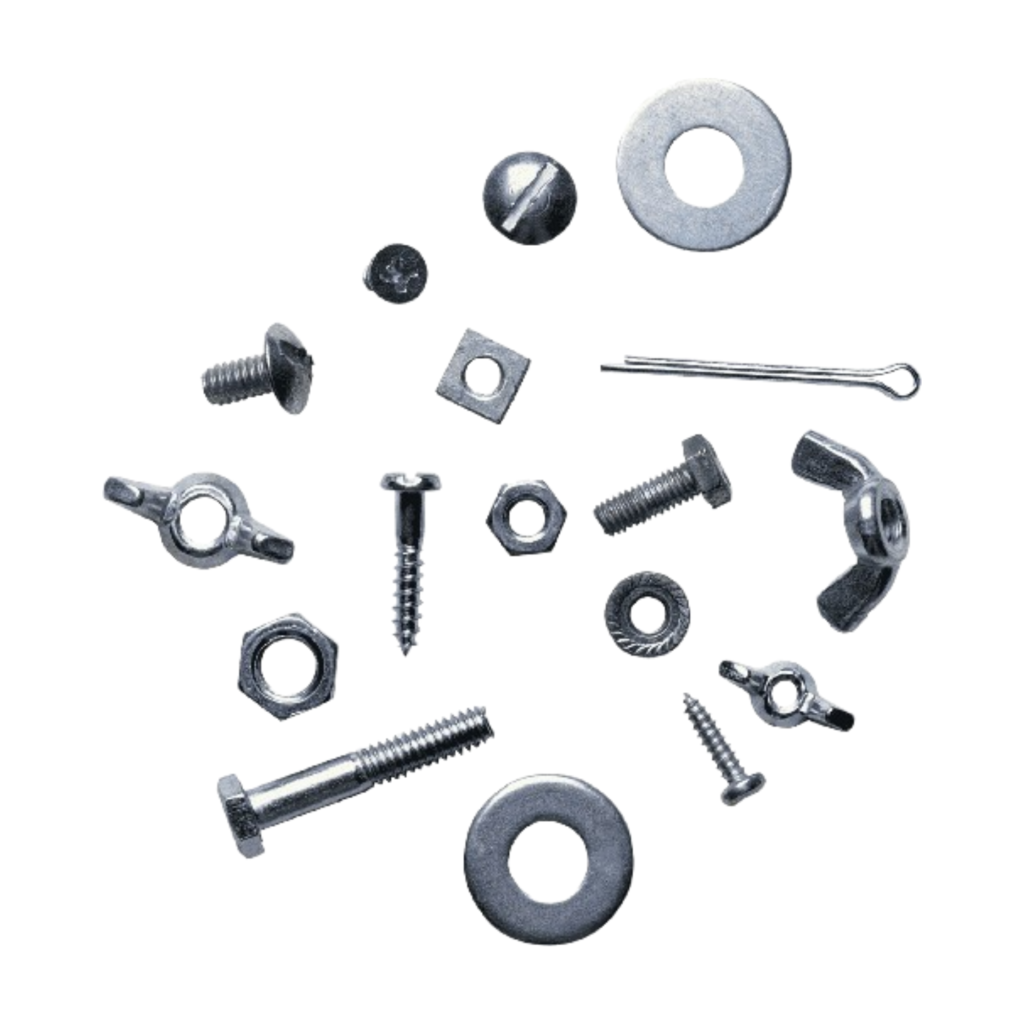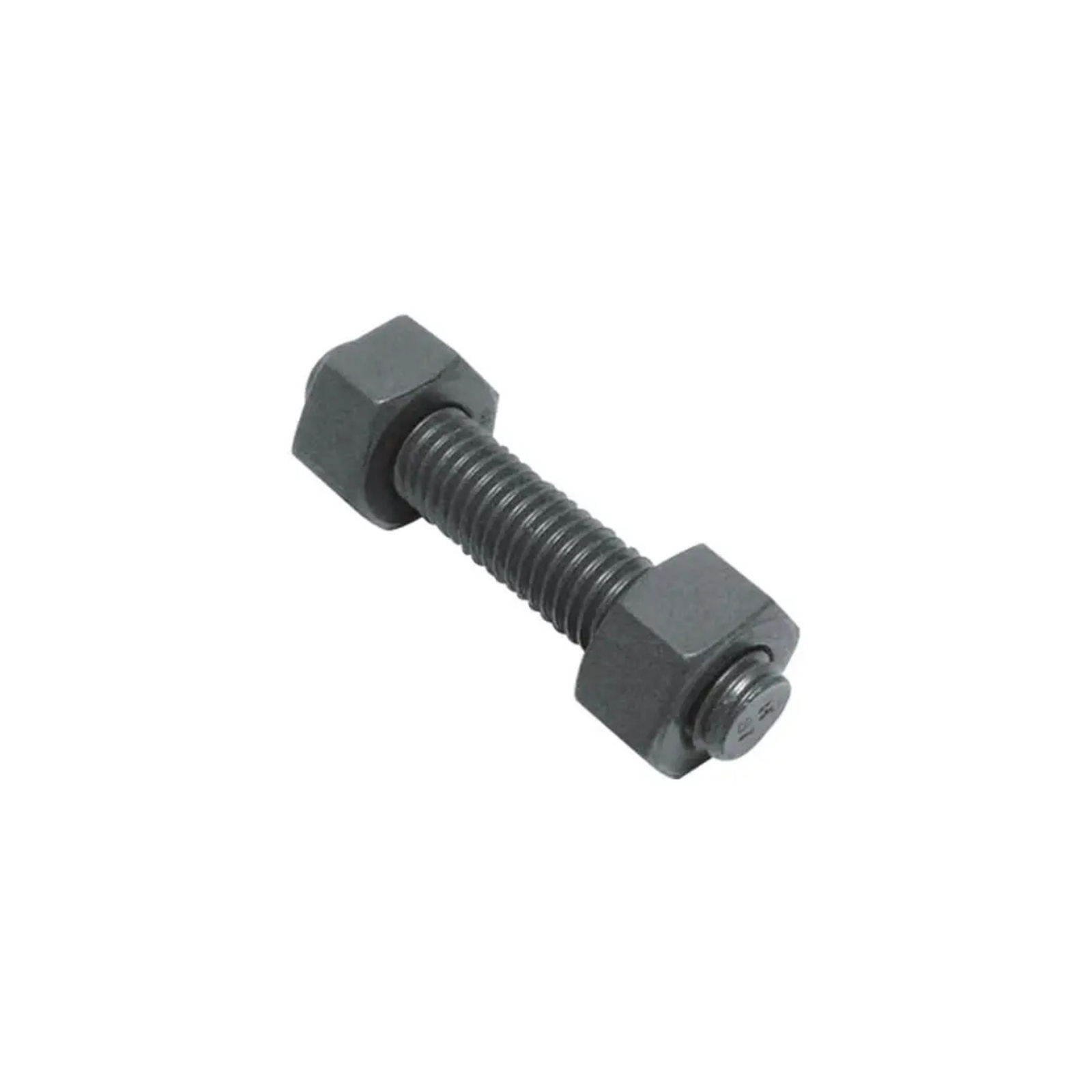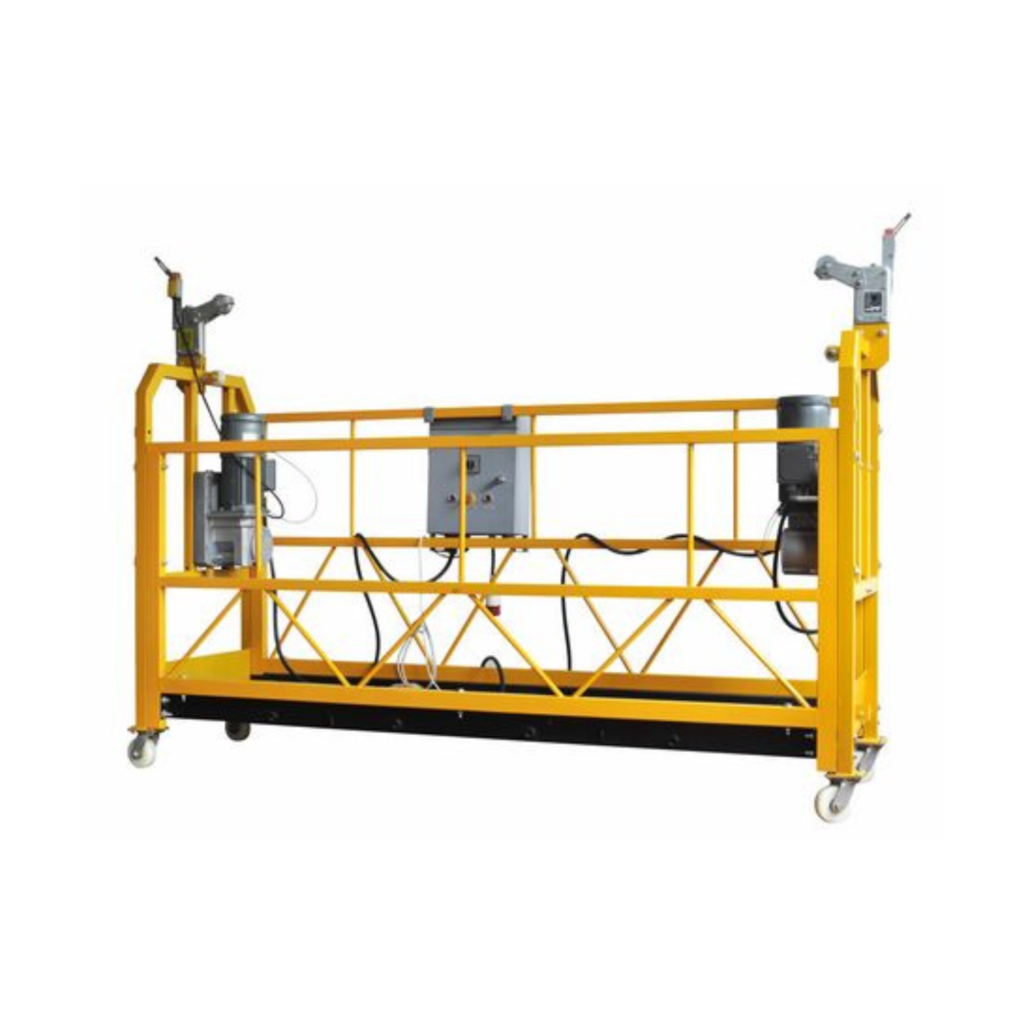Discover the key features of screw air compressors for industrial use, including efficiency, durability, and applications. Learn how these compressors can boost your business productivity.

Screw air compressors have emerged as one of the most preferred solutions for industrial applications across various sectors. Unlike traditional piston compressors, screw compressors utilize a different mechanism for compressing air, offering several advantages such as energy efficiency, durability, and reliability. This article will explore the key features of screw air compressors that make them ideal for industrial use, their advantages, maintenance tips, and the reasons why they are a go-to solution for many industrial sectors.
Introduction to Screw Air Compressors
Screw air compressors are a type of rotary compressor that uses two helical screws (also known as rotors) to compress the air. These compressors operate continuously and provide high volumes of compressed air, making them suitable for industries where air demand is constant and high. Unlike piston compressors, which operate in a start-stop cycle, screw compressors work continuously, providing a steady flow of compressed air.
The design and operation of screw air compressors allow them to deliver efficient, reliable, and cost-effective performance. These compressors are available in both oil-injected and oil-free versions, making them versatile for various industrial applications.
Key Features of Screw Air Compressors
1. Energy Efficiency
One of the most significant advantages of screw air compressors is their energy efficiency. These compressors consume less energy than traditional piston compressors because they operate smoothly without the sudden surges and pauses in operation. The continuous nature of screw compressors reduces energy losses, leading to lower operational costs for industrial users.
Energy efficiency is a critical consideration in industries where compressed air is used extensively. Over time, the savings on energy costs can offset the initial investment in a screw compressor. Additionally, modern screw compressors are equipped with variable speed drives (VSDs) that allow the machine to adjust its speed based on air demand, further improving energy efficiency.
2. High Durability and Longevity
Screw compressors are designed to last longer than many other types of compressors. The continuous and smooth operation reduces wear and tear on the internal components, such as pistons and valves, which are common failure points in other compressor designs. The robust construction of screw compressors ensures that they can withstand the demands of heavy-duty industrial applications, often running for thousands of hours without requiring significant repairs or maintenance.
Moreover, the oil-injected screw compressors are lubricated, which reduces friction between the rotors, minimizing the chances of wear and tear. Oil-free screw compressors, on the other hand, are ideal for industries that require clean, dry compressed air, such as food and pharmaceutical manufacturing.
3. Minimal Maintenance Requirements
Screw air compressors are relatively easy to maintain. They are designed for long intervals between service checks, making them a low-maintenance option for industries where uptime is critical. The simplicity of the system means fewer parts are exposed to wear, reducing the frequency of repairs and replacements.
Regular maintenance mainly involves checking and replacing the air filters, oil filters, and separators, as well as monitoring the system’s pressure and temperature levels. Many screw compressors now come with automated monitoring systems that provide real-time feedback on the compressor’s condition, allowing for proactive maintenance and reducing the risk of unexpected breakdowns.
4. Versatility in Applications
Screw air compressors are incredibly versatile and can be used in a wide range of industrial applications. These compressors are commonly used in industries such as:
- Manufacturing: To power pneumatic tools, convey materials, and support assembly lines.
- Construction: For running drills, impact wrenches, and other pneumatic machinery.
- Mining: To operate machinery that requires high volumes of compressed air.
- Automotive: For vehicle painting, tire inflation, and operating various production tools.
- Food and Beverage: For packaging, processing, and maintaining clean air in production facilities.
- Pharmaceuticals: For air filtration and compressed air used in clean environments.
Screw compressors can also be customized with different accessories, such as air dryers and filters, to meet the specific needs of each industry.
5. Compact and Space-Saving Design
Unlike piston compressors, which can be bulky and take up a lot of space, screw compressors have a compact design that is easier to integrate into industrial settings where space is limited. The design allows for easy installation in tight spaces, and the equipment is often stackable, enabling it to be placed in smaller work areas without sacrificing performance.
Additionally, screw compressors generate less noise compared to traditional compressors, making them ideal for environments where noise reduction is important.
6. Consistent Air Delivery
Screw compressors provide a consistent, continuous flow of compressed air, unlike piston compressors that deliver intermittent bursts. This consistency is particularly valuable in industrial settings where a constant supply of air is required for processes such as assembly lines, manufacturing, and material handling. The ability to maintain constant air pressure without fluctuations ensures that industrial processes remain smooth and efficient.
7. Advanced Control Systems
Modern screw compressors come equipped with sophisticated control systems that allow for easy operation and monitoring. These systems enable operators to adjust parameters such as pressure, temperature, and speed, ensuring that the compressor operates optimally for the given industrial needs. Some screw compressors even offer remote monitoring capabilities, allowing operators to track performance and address potential issues from a distance.
In addition to these benefits, the control systems also help optimize energy use by adjusting the compressor’s output based on demand. This results in significant cost savings over time, as the compressor runs only when necessary, reducing overall energy consumption.
8. Environmental Sustainability
As industries continue to focus on sustainability, screw air compressors are increasingly being viewed as an eco-friendly solution. Their energy efficiency and ability to operate with minimal emissions make them a better choice for companies aiming to reduce their carbon footprint.
Many screw compressors are now designed with energy-saving features such as VSDs and energy recovery systems, which capture and reuse heat generated during compression. These features further reduce energy waste and improve the overall environmental performance of the compressor.
9. Low Vibration and Noise Levels
Screw compressors are known for their smooth operation, which results in low vibration and minimal noise. This makes them suitable for environments where noise pollution is a concern, such as offices, hospitals, and research facilities. The low vibration also helps extend the lifespan of the compressor and surrounding equipment, as excessive vibration can cause damage to mechanical components over time.
10. Cost-Effectiveness in the Long Run
While screw compressors may have a higher initial cost compared to piston compressors, their energy efficiency, low maintenance needs, and long lifespan make them a more cost-effective option in the long run. Companies that invest in screw compressors often find that they recover the initial cost through energy savings and reduced downtime due to the reliable and continuous operation of the machine.
Choosing the Right Screw Air Compressor for Your Industry
Selecting the right screw air compressor depends on various factors, such as the industry you operate in, the specific applications you require, and the size of your business. For instance, small businesses that need intermittent air compression may benefit from a smaller, less expensive screw compressor, while larger industries that require continuous high-volume air might opt for a larger, industrial-grade compressor.
Some key considerations when choosing a screw compressor include:
- Airflow Capacity: Choose a compressor that can handle the required airflow to meet the demands of your equipment and processes.
- Pressure Requirements: Ensure that the compressor can meet the required pressure levels for your applications.
- Energy Efficiency: Look for models that offer variable speed drives or other energy-saving features.
- Maintenance Needs: Select a model that fits your maintenance capacity and has a long service interval.
- Size and Portability: Consider the space available in your facility and whether you need a portable compressor.
Conclusion
Screw air compressors are an essential tool for industries that rely on compressed air for their operations. With their energy efficiency, durability, low maintenance requirements, and versatility, they provide an excellent solution for a wide range of industrial applications. Whether you need a compressor for manufacturing, construction, or any other industry, screw air compressors offer the reliability and performance needed to keep your operations running smoothly. Investing in a screw air compressor can lead to long-term savings, improved productivity, and reduced downtime, making it a smart choice for businesses looking to optimize their compressed air systems.

